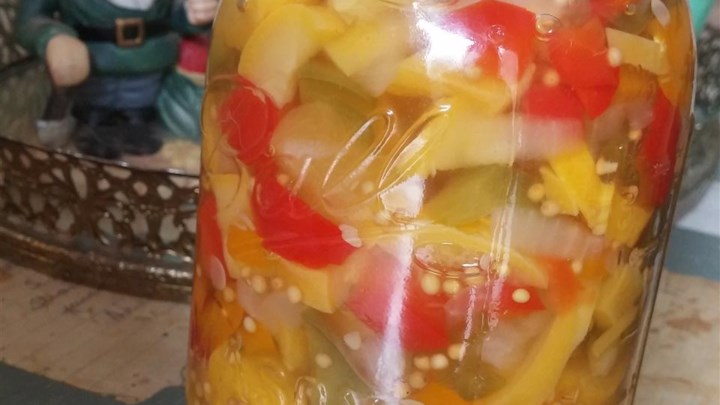

 2
2




 3
3




Building soil in the Yukon.
 5
5




Sourdough Without Fail Natural Small Batch Cheesemaking A Year in an Off-Grid Kitchen Backyard Dairy Goats My website @NourishingPermaculture @KateDownham






 5
5




Building soil in the Yukon.

 7
7




 6
6







Invasive plants are Earth's way of insisting we notice her medicines. Stephen Herrod Buhner
Everyone learns what works by learning what doesn't work. Stephen Herrod Buhner








 2
2




Kate Downham wrote:The pre-boiling recipes are boiling vegetables in advance to get a softer texture, and some vegetables are better this way. If you're not sure whether a particular vegetable will go well in the raw pack method or not, you can search online and see if there are other recipes that use raw packing for that vegetable.
Joseph Lofthouse wrote:The main difference that I observe between hot pack and cold pack, is that hot packing allows me to fit more fruit/vegetable into the bottle, and less brine. Cold pack retains crispness better, (great for cucumbers, or squash). As already mentioned, hot-pack can soften harder vegetables, like carrots. Hot pack is typically used for sauces, jams, and jellies to dissolve added sugars, or aid in mixing, or to get the mixture to the jell-point.
I use a couple of standard brines for pickling. A sweet spiced brine, and a dilled brine. I make them up in a large batch, and then use what I want in small batches as vegetables become available.
Chris Sturgeon wrote:]The first method you describe is called 'hot packing'. It is mostly recommended because it ensured that there are no pathogens inside your jars, on your veg, and minimizes their introduction during transfer. The only downside to this process it that if you did a live fermentation, you not only kill off the good microbes, but you potentially loose the crunch of a good sour pickle. Your water bath times are somewhat reduced with this method.
The second method, pure 'water bath' is considered by some to be slightly higher risk for pathogen contamination. It has the same drawbacks if you are hoping for a live ferment, but you can squeeze more food into each jar because packing manipulation is easier with cool veg. I've found I can still get a good crunch, even with the longer boiling times.

| I agree. Here's the link: http://stoves2.com |



